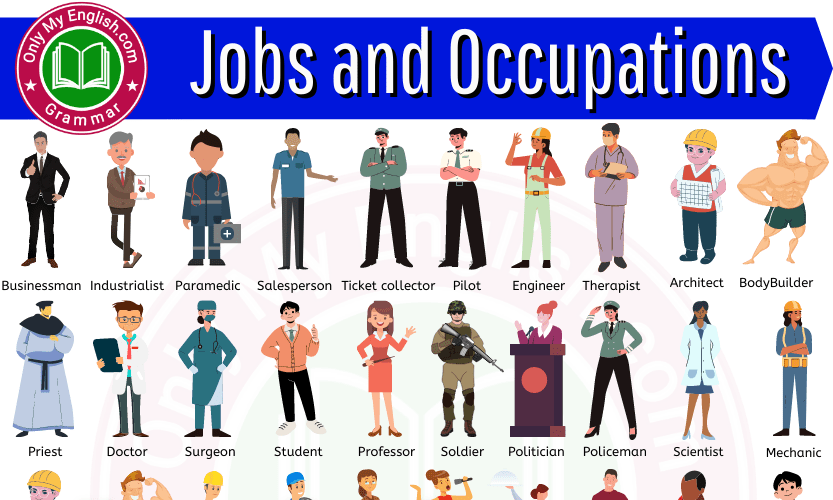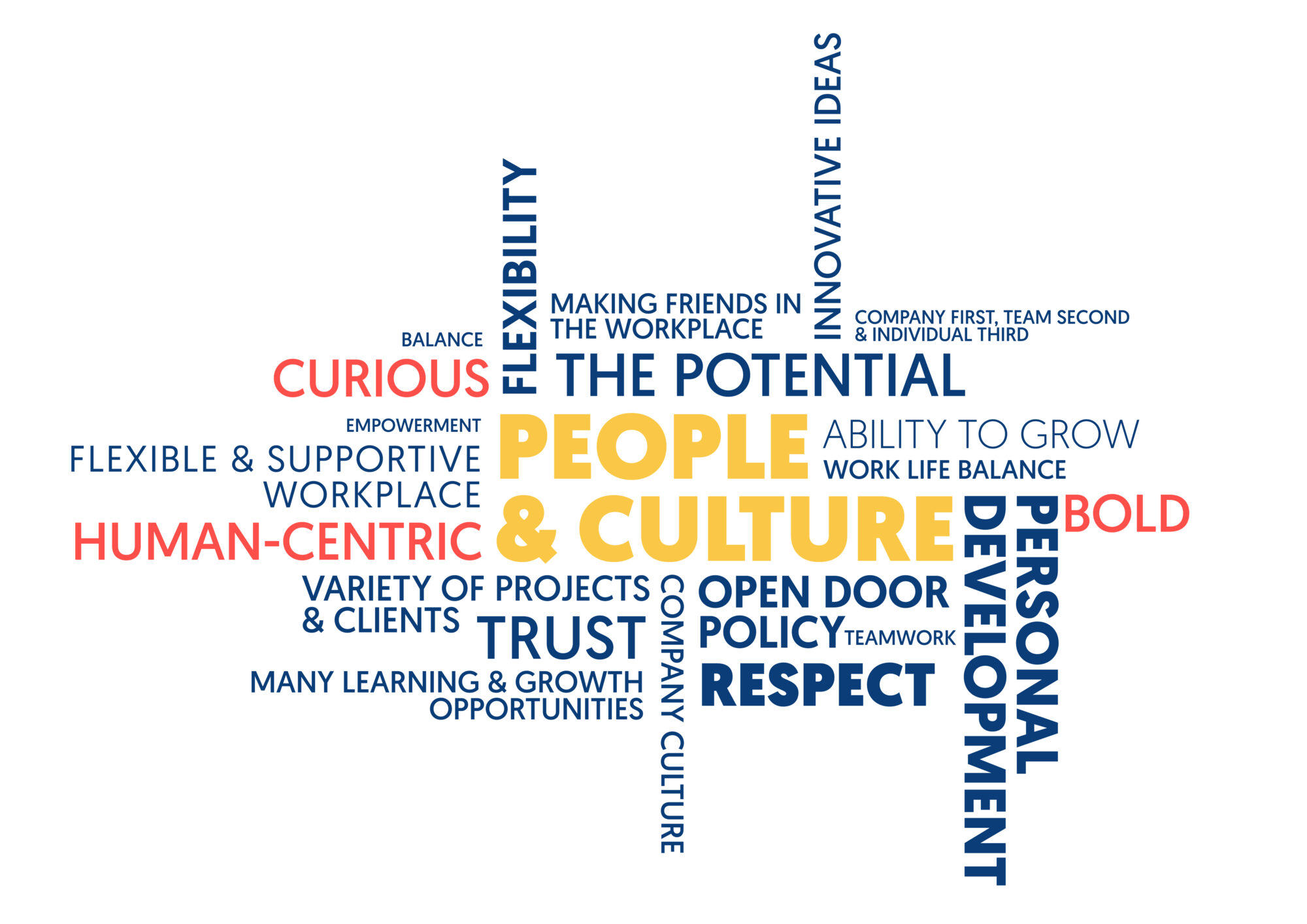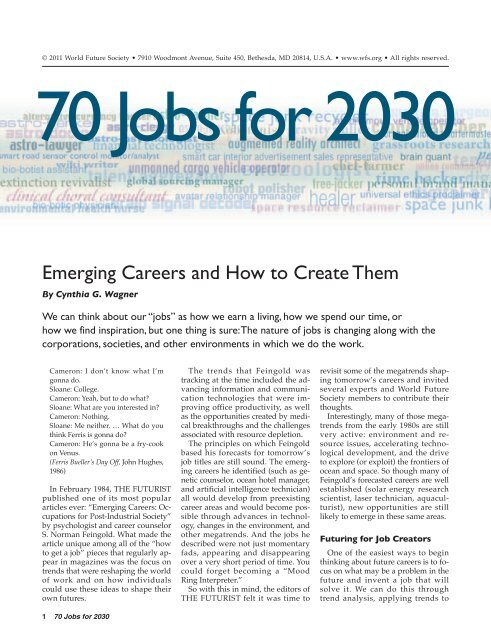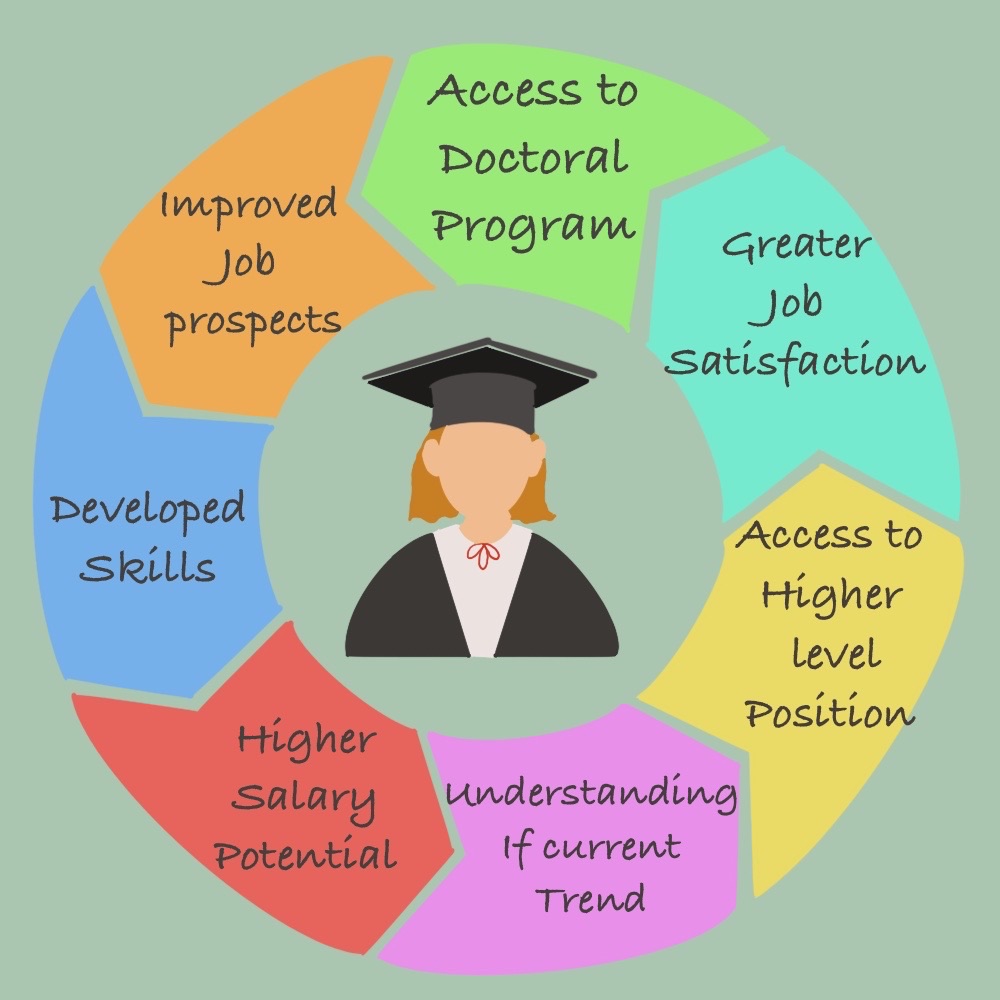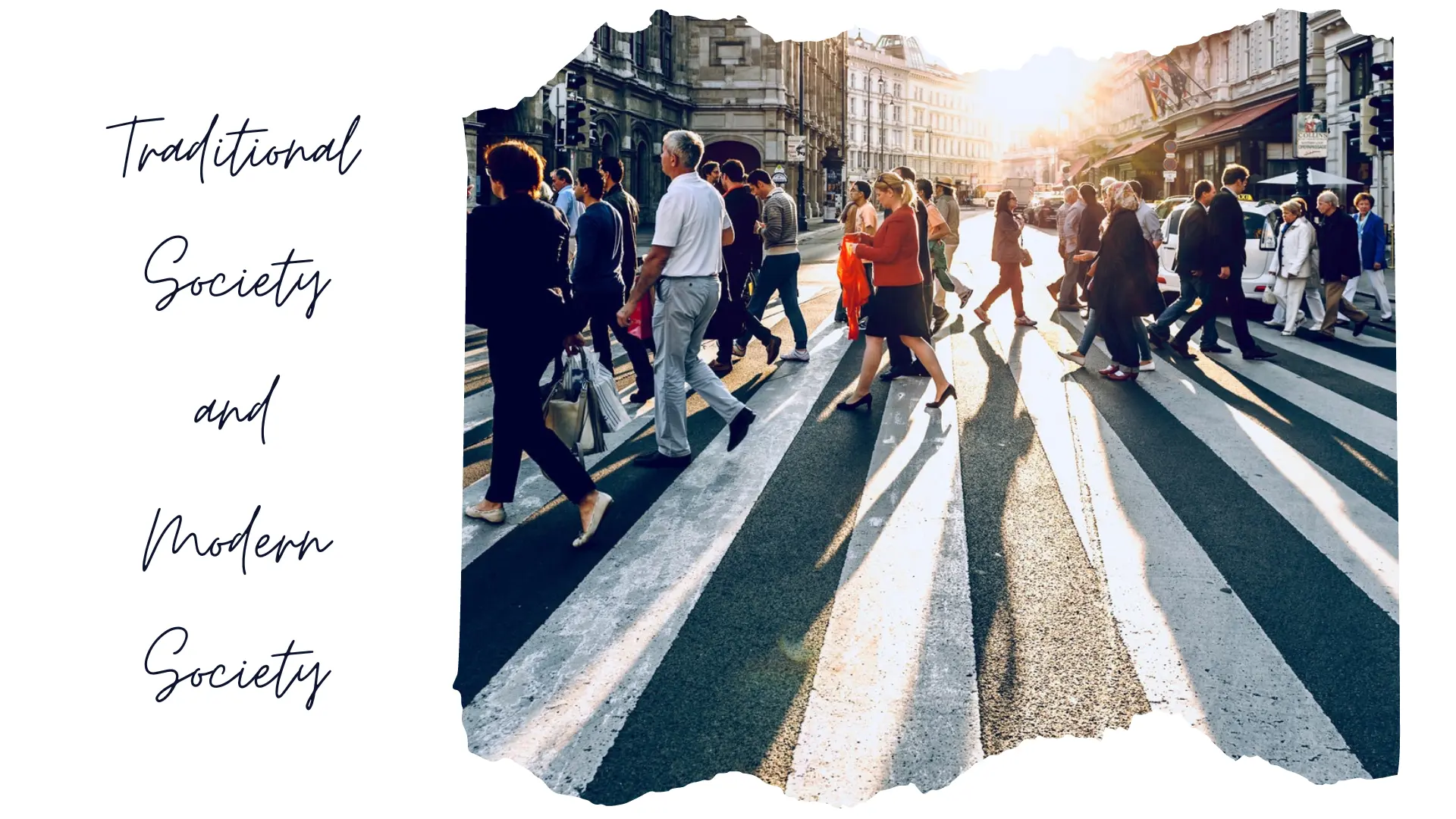The Way All Jobs In Modern Society

Imagine a world where the barista serving your morning coffee understands the algorithms powering the cafe's inventory system, or where the construction worker building your office tower can troubleshoot the smart sensors embedded in its walls. This isn't science fiction; it's the quiet revolution reshaping the very fabric of the modern workforce. Skills once confined to specific sectors are now blending, merging, and becoming essential for virtually everyone.
At the heart of this transformation is a fundamental shift: Jobs aren't disappearing, they're evolving. The increasing automation and interconnectedness of modern society is demanding a more adaptable, versatile, and digitally literate workforce, blurring the traditional lines between industries and roles.
The Rise of Hybrid Skills
For decades, career paths were often linear. You'd specialize in a specific area, gain expertise, and progress within that narrow field. That model is becoming increasingly outdated.
The modern workplace requires hybrid skills: a combination of technical knowledge, soft skills, and adaptability. This means that a marketing professional needs to understand data analytics, a healthcare provider needs to be comfortable with telehealth technologies, and a teacher needs to be proficient in online learning platforms.
A Historical Perspective
The seeds of this change were sown with the rise of the internet and personal computing in the late 20th century. As technology became more pervasive, basic computer literacy became a prerequisite for many jobs.
The pace accelerated with the advent of mobile computing, social media, and cloud-based services. The Fourth Industrial Revolution, characterized by AI, automation, and the Internet of Things (IoT), is now driving this trend at an unprecedented speed.
The Significance of Adaptability
Adaptability is no longer a "nice-to-have" skill, it's a necessity. The World Economic Forum's Future of Jobs Report consistently highlights adaptability and lifelong learning as crucial skills for navigating the changing job market. Workers must be willing to reskill and upskill throughout their careers to stay relevant.
Organizations also play a key role. Companies need to invest in training and development programs that equip their employees with the skills they need to thrive in a rapidly changing environment. This includes fostering a culture of learning and encouraging employees to embrace new technologies and methodologies.
Examples in Action
Consider the construction industry. While traditional building skills remain essential, modern construction projects increasingly rely on Building Information Modeling (BIM), drone technology for site surveying, and smart sensors for monitoring structural integrity. Construction workers now need to be comfortable working with these technologies.
In the retail sector, e-commerce has transformed the customer experience. Retail employees now need to understand online sales platforms, social media marketing, and data analytics to personalize customer interactions and drive sales, blending traditional sales skills with technical proficiency.
"The ability to learn, unlearn, and relearn will be more important than what you know." - Futurist Alvin Toffler
The Human Element
While technology is a driving force, it's important to remember the human element. Soft skills like communication, collaboration, critical thinking, and emotional intelligence are becoming increasingly valuable in a world dominated by automation.
These skills are difficult to automate and are essential for building relationships, solving complex problems, and leading teams. As machines take over routine tasks, human skills will become even more important for driving innovation and creativity.
The future of work isn't about replacing humans with machines, it's about humans and machines working together in new and innovative ways. This requires a workforce that is not only technologically proficient but also adaptable, creative, and collaborative.
Embracing the Change
The shifting landscape of work presents both challenges and opportunities. It requires individuals to take ownership of their learning and development, and organizations to invest in creating a culture of continuous learning.
By embracing adaptability, cultivating hybrid skills, and prioritizing the human element, we can create a future of work that is not only productive but also fulfilling and equitable. The key is to see this evolution not as a threat, but as an opportunity to unlock new potential and create a more innovative and prosperous society for all.
The future may be uncertain, but one thing is clear: the ability to learn, adapt, and collaborate will be the defining characteristics of success in the modern workforce.

